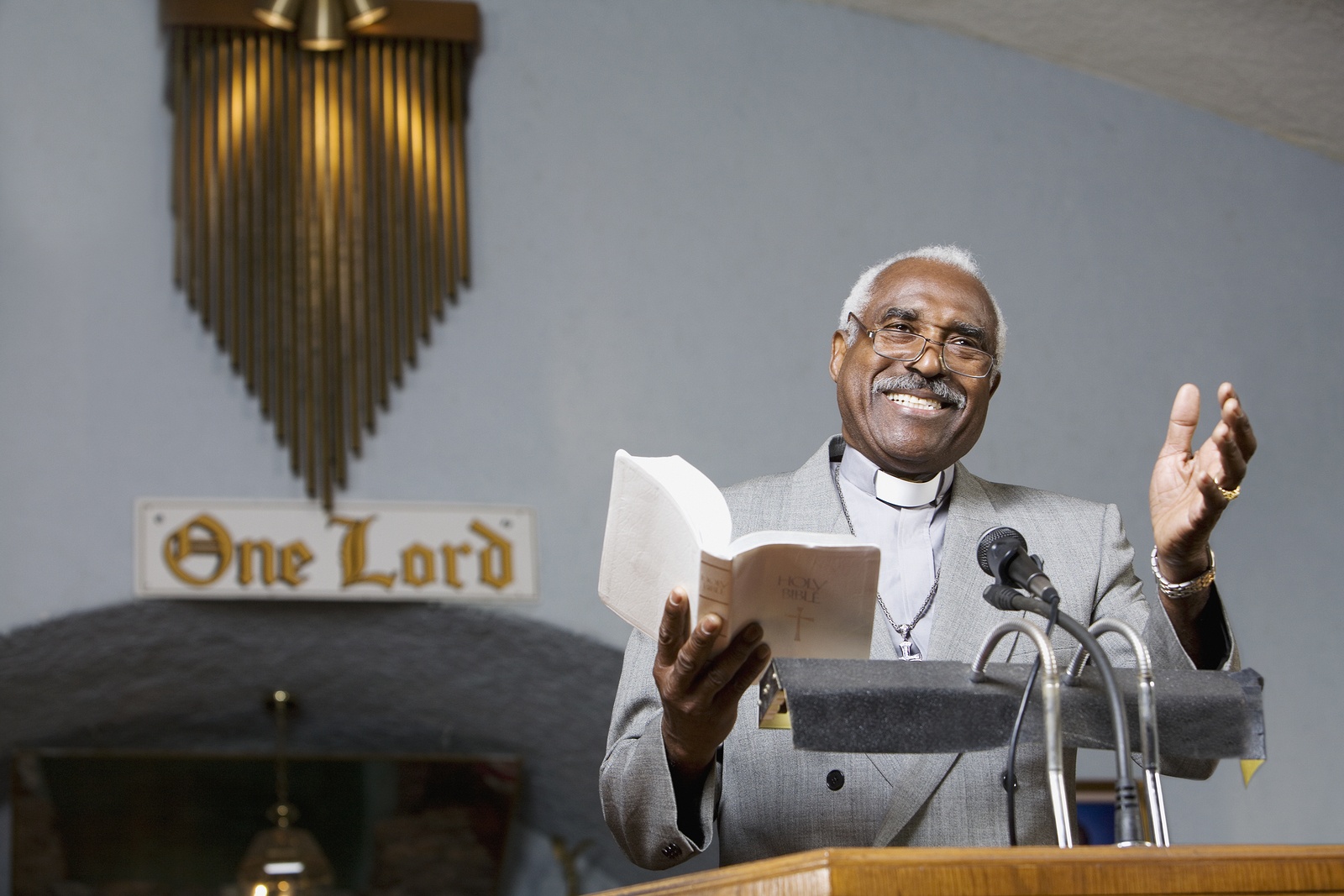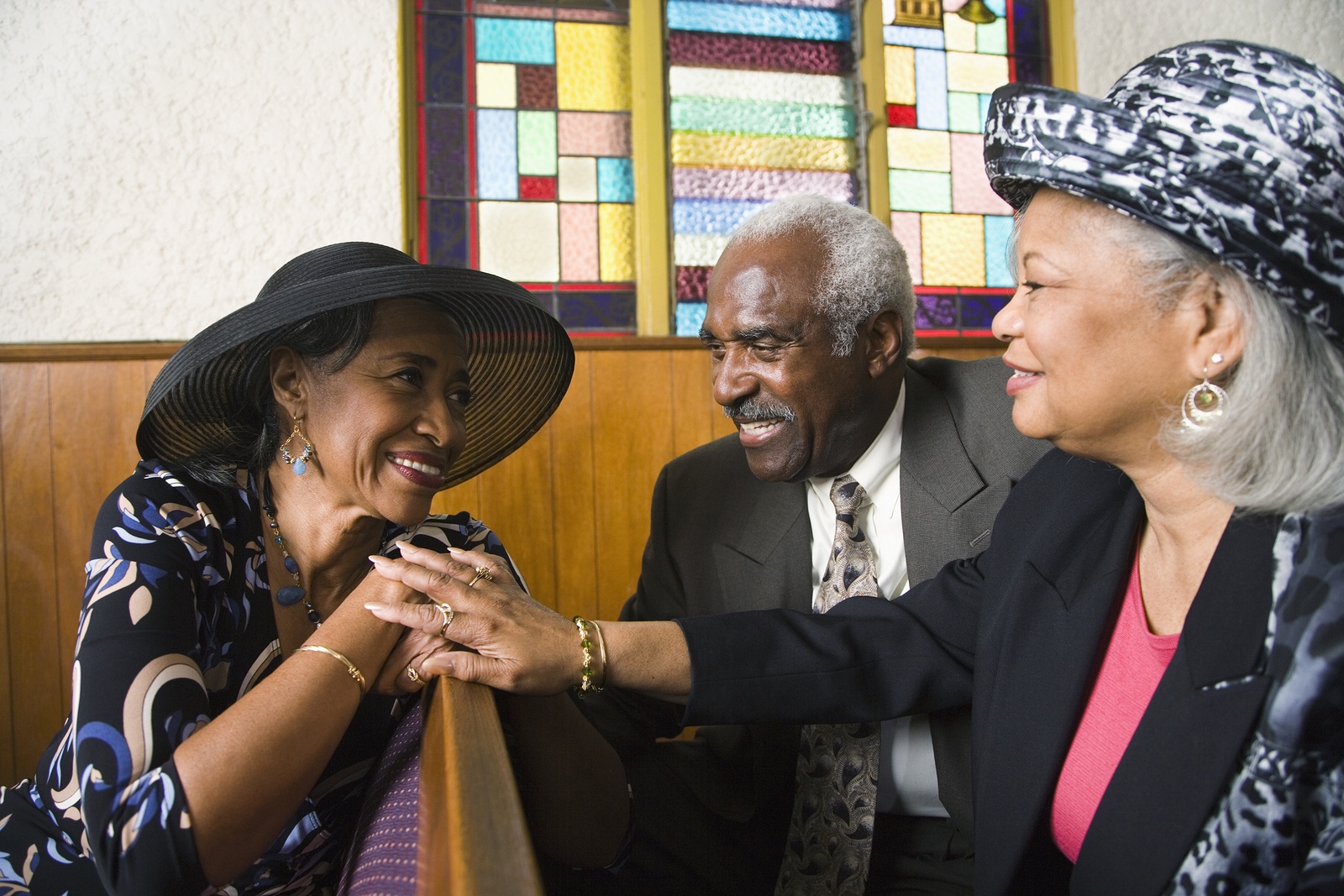Sometimes it doesn't pay to reinvent the wheel, and this is one of those times! This special blog post includes, in its entirety, an important and time-sensitive message for church leaders, from the Rev. Saeed Richardson, Program & Operations Officer at the Samuel DeWitt Proctor Conference.


In my work with church audits, I sometimes have to report evidence of possible fraud – questionable charges, missing money, etc. It's a tough report to make since no one wants to accept that financial fraud takes place in a church. How can church leaders enact measures to prevent internal theft and fraud without making it seem that no one can be trusted?

In my work with church leaders, I see clearly the challenges facing church boards. Tasked with guiding and keeping the mission-driven activities on course, board members can lose touch with the day-to-day financial operations. The board's responsibility for the ongoing monitoring of the church's fiscal matters is, however, a fiduciary one. To do so, it must receive regular and accurate financial information.

Many of the church leaders I know and work with have been puzzled about an obscure provision in the Tax Cuts and Jobs Act of 2017 known as the parking lot tax. This provision deals with parking provided to employees. Some leaders are concerned that these parking spaces have become a potential tax liability. As frequently happens with a change in the tax code, there is lots of confusion about the intent and its consequence.

For a church, cash flow can make or break its ability to survive. The reliance on member donations increases the need of church leaders to manage finances through revenue peaks and valleys. A cash reserve can be the buffer to carry you through the valleys. Without a cash reserve to draw from, many churches have found themselves scrambling to raise funds when needs come up.

Church boards serve multiple masters. Tasked with guiding and keeping the mission-driven activities on course, board members can lose touch with the day-to-day financial operations. The board's responsibility for the ongoing monitoring of the church's fiscal matters is a fiduciary one. To do so, it must receive regular and accurate financial information.

A church needs to be financially healthy to carry out its planned mission. A budget is a necessary tool for achieving the congregation's goals. It can serve as a roadmap for planning and decision-making. Here's why:

Church leaders and their congregations know the importance of maintaining the structure that houses their ministry. They want to preserve the value of the building for future generations, protect their assets, and maintain the safe and efficient operations of the facility. Unfortunately, churches frequently find themselves addressing problems of deterioration and safety as they happen, often without the necessary funds.

As far as nonprofits go, a church is one of the most complex organizations for leadership. Church leaders have to balance the spiritual needs of their congregations with the programmatic needs of the communities their churches serve. Meeting these needs requires resources, both human and financial. When your church income relies on the weekly donations of your congregation, it can be a little tricky to ensure that you have consistent cash flow.

Church leaders have the responsibility to ensure that there is adequate and ongoing funding for the costs of operations and programs. This is often a very challenging task. However, many church financial problems can be avoided by proper planning, consistent budgeting, and accountability for spending.




